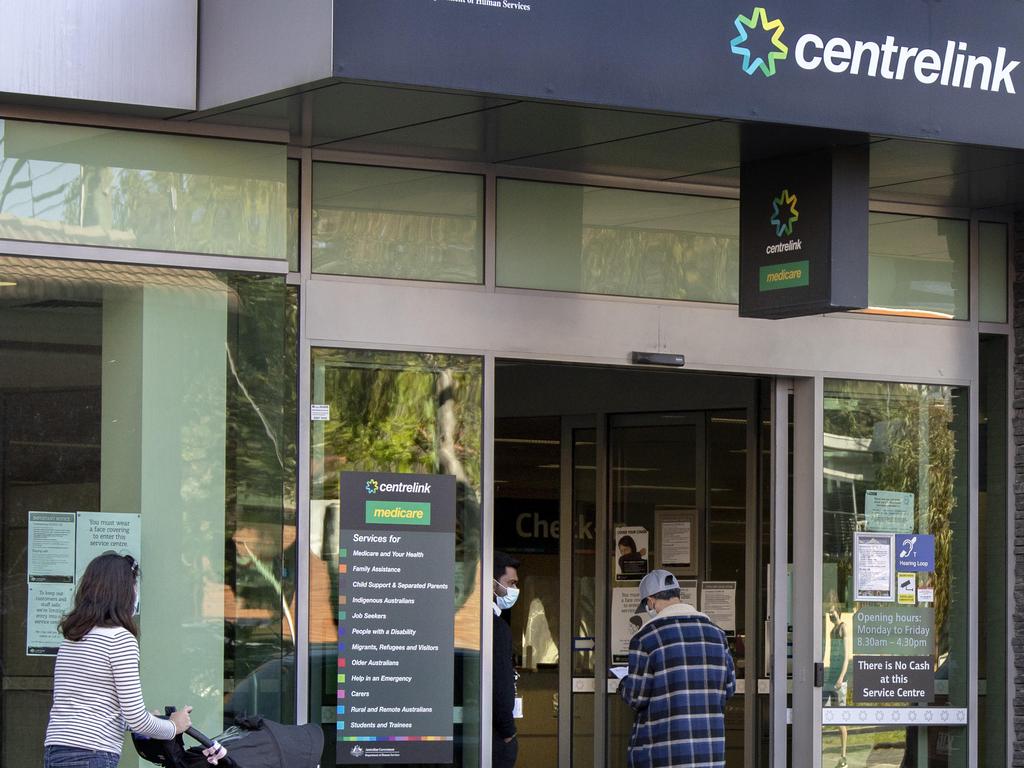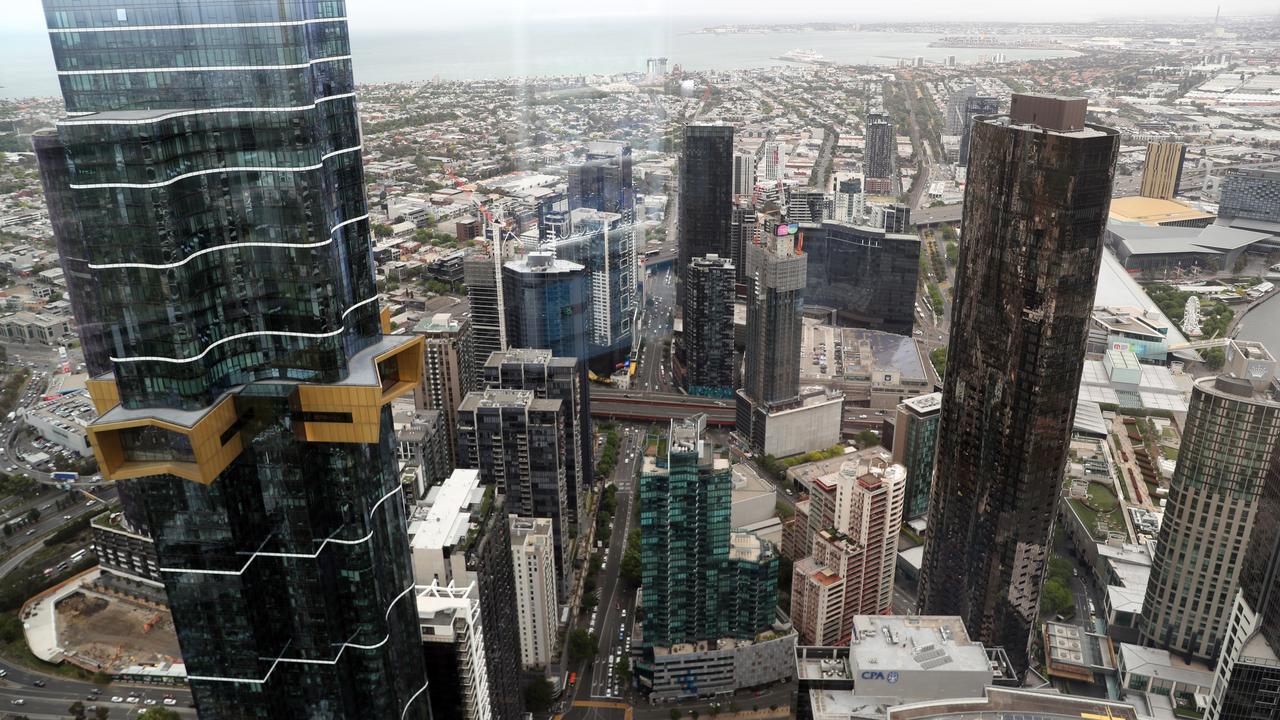Why the RBA should not fund government spending

On display this week will be the reason monetary and fiscal policy can never be merged, and that the creation of money should never be a tool of politics.
Both forms of macroeconomic policy are driven by some kind of ideology, but the politics behind fiscal are mostly self-serving, or party-serving, or sometimes just crazy-idea-serving, while the ideology of central banking is at least well-meaning, if sometimes old-fashioned and slow.
Take the tax cuts originally planned for 2022, which are obviously going to be brought forward to 2021 in tomorrow’s budget, with some talk of even backdating them to July 1 this year.
The purpose of any tax cut by conservative parties is both political and ideological: to buy votes and enforce small government. (When progressive parties do it, it’s purely vote-buying). Tax cuts for the base are a tried and trusted strategy of conservative political leaders around the world, taken to a new level of refinement and excess by Donald Trump.
But cutting middle class taxes in a recession while the deficit is blowing out due to income support for the suddenly unemployed and/or destitute is not only useless, but perverse.
That’s because it won’t buy votes and won’t make any difference to the ballooning size of government, only to the size of the deficit and to the savings of the middle classes.
Government spending is expanding from a quarter to a third of GDP because of massive increases in welfare and will stay there till unemployment comes down. Reducing income taxes as well simply means the government issues more bonds to improve the incomes of those who are doing OK – that is, those who are by definition unaffected by the pandemic.
How could the Reserve Bank board justify explicitly supporting such political tax cuts by buying the resulting debt? Or any of the other political/ideological measures in tomorrow’s budget?
So while we have some sympathy for Paul Keating’s call a fortnight ago for the RBA to “fund fiscal policy” it would be crazy while politicians are in charge - PJ Keating included - and while the economists in Treasury serve at their pleasure.
It can’t be any other way in a democracy of course – fiscal policy is inherently political.
There was a half-hearted attempt by the Vernon Committee in 1963 to introduce some kind of oversight of economic policy with an independent Council of Economic Advisers, but Robert Menzies rejected that idea out of hand even as he tabled the report and no one has tried since.
We now have the National COVID-19 Co-ordination Commission headed by Nev Power, but there’s not an economist among them, although Mike Hirst did some economics as part of his commerce degree.
There’s also Infrastructure Australia, which has the job of prioritising infrastructure spending but merely stands as a symbol of how politicised it actually is by being routinely ignored.
And there are dozens of other government bodies adorned by well-meaning business people and academics who spend time in endless meetings and earnestly make recommendations that might turn into a self-serving ministerial press release … or not.
That is, bodies like Innovation and Science Australia, now to be “repurposed” as Industry Innovation and Science Australia, as part of the government’s hopelessly inadequate $1.5 billion plan to revitalise manufacturing. Will the good people on this quango be listened to on how to spend the money? Most definitely – as long as their advice suits the politics and ideology of those in government at the time.
The only official, independent, and clearly non-political economic policy body is the RBA board itself. It is focused on the macroeconomy but doesn’t advise the government; rather it makes decisions itself - whether to move interest rates and, lately, whether to create money from thin air to buy government debt.
But while Modern Monetary Theory makes tremendous sense, and really just describes the reality that in a sovereign nation that controls its own currency the only theoretical limit to government spending is economic capacity and inflation, in the real world politics gets in the way.
We see that every year with what has become the annual festival of fiscal policy. It used to be just one day - the first Tuesday in May, when the RBA board also sits – but now it’s a festival that lasts much longer than Woodstock, of daily announcements and media roadshows designed to ensure maximum political bang for the fiscal bucks.
Meanwhile, there have been a few rate cuts on budget day over the years, but none would be less important that the one that might happen tomorrow, but probably won’t.
With interest rates close to zero, the only real role for the RBA now is to create money and buy government debt (aka QE), and there’s a good case for them to just get on with it and turn October 6, 2020 into a Super Tuesday. But the market consensus is that the mandarins of monetary won’t want to steal the fiscal fiefdom’s thunder, which is, to be frank, nothing but conceit.
The government has been stealing its own thunder for more than a week.
* Alan Kohler is Editor in Chief of Eureka Report






